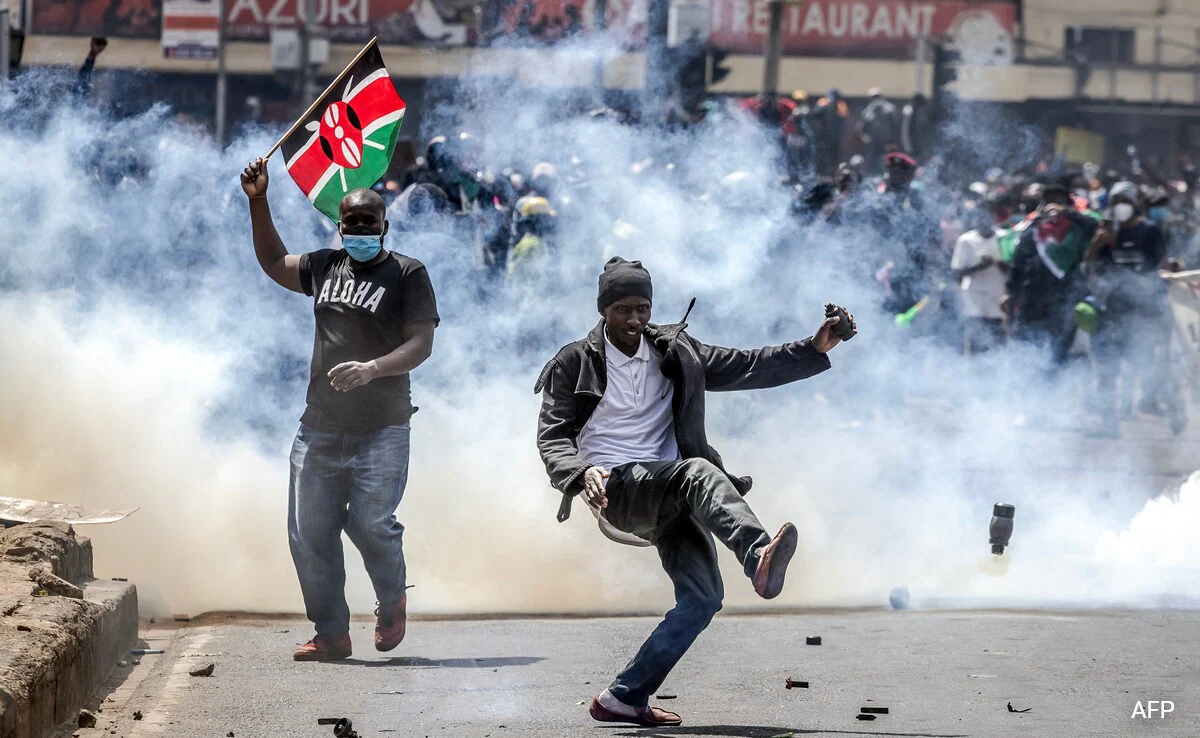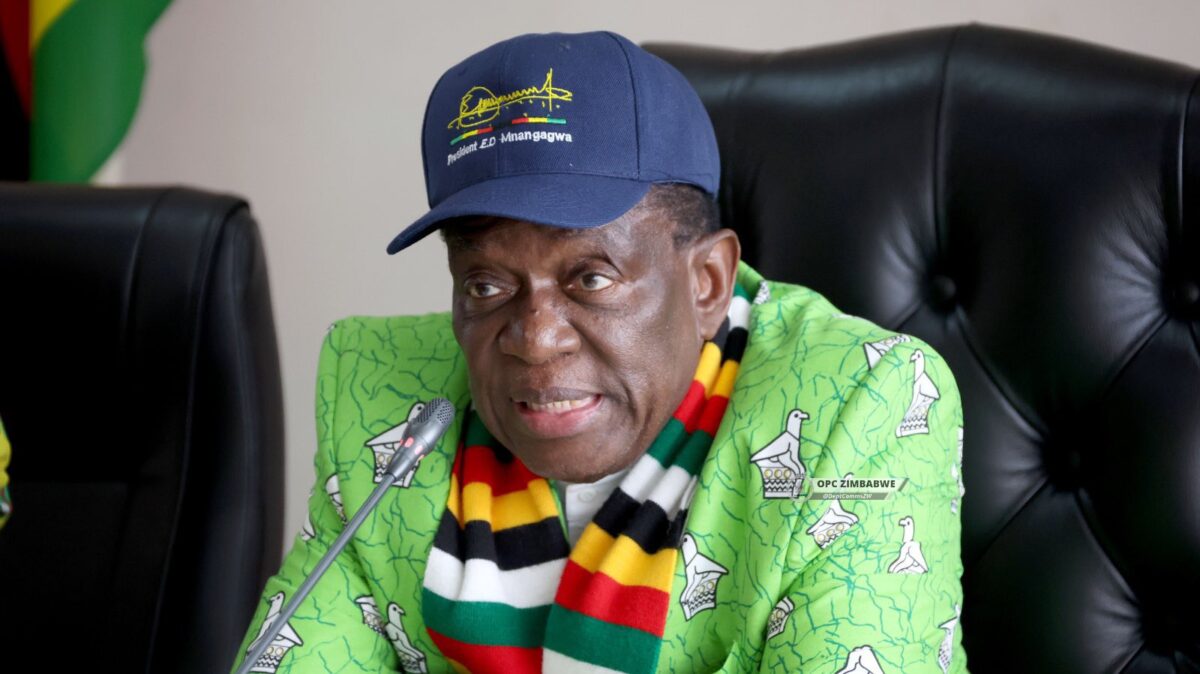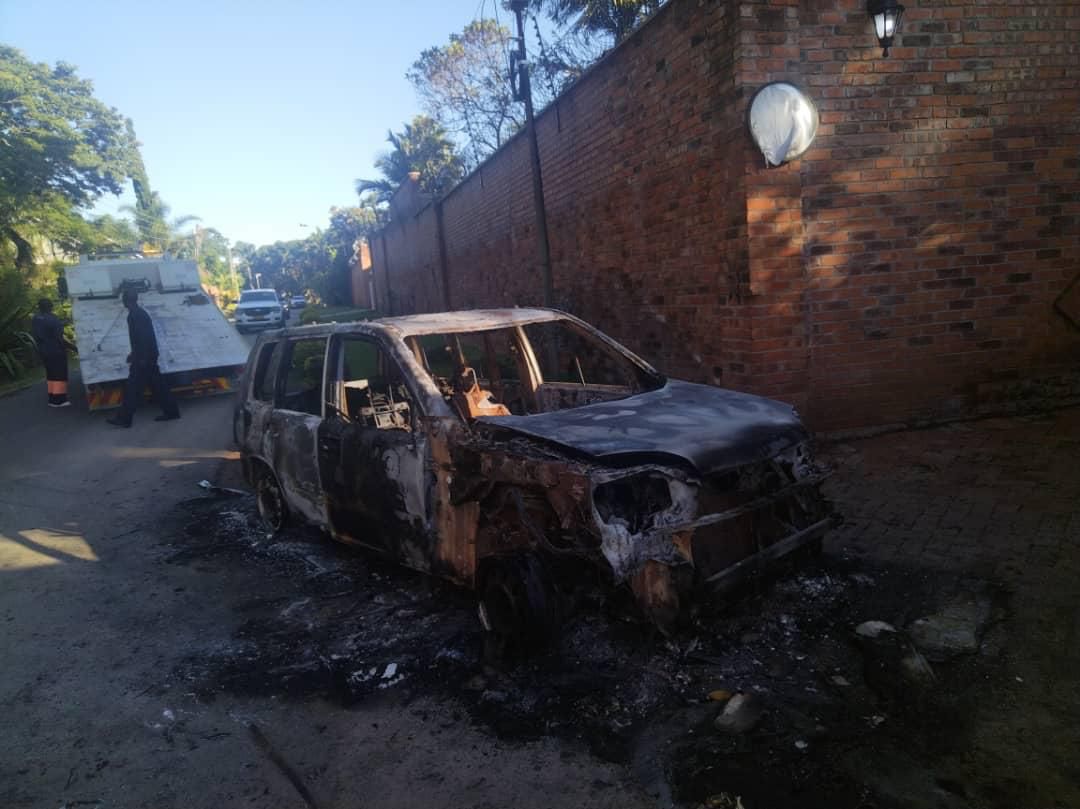NAIROBI, Kenya — Protests continued in Kenya’s capital and elsewhere Tuesday over a finance bill that would raise the cost of living, even after the president said he would not sign it in the wake of the storming of parliament last week.
Police fired tear gas at protesters in Nairobi as many businesses remained closed for fear of looting. The main highway to Kenya’s second-largest city, Mombasa, was closed as protesters lit bonfires.
In Mombasa, five vehicles were burnt by protesters outside a hotel whose owner is alleged to have shot at protesters who were looting.
While there are concerns that President William Ruto might change his mind and sign the finance bill before next week’s deadline, some protesters are also calling on Ruto to resign and accusing him of bad governance.
But some members of the youth-led protests have expressed worries that other Kenyans are using the unrest as an excuse to cause violence.
“Goons have infiltrated,” one organizer, Hanifa Farsafi, wrote on social media platform X on Tuesday.
Interior minister Kithure Kindiki on Tuesday said “criminals” were taking advantage of planned protests to “commit arson” and “terrorize” Kenyans.
He warned that they were planning more violence on Thursday and Sunday and said the government was determined to stop them at “whatever cost”.
Last week’s protests were deadly as police opened fire. The two weeks of protests have left 39 people dead, according to the Kenya National Human Rights Commission. Ruto on Sunday put that number at 19.
The president has offered to have dialogue with Kenyan youth and has promised budget cuts on travel and hospitality for his office in line with some protesters’ demands. As unemployment remains high and prices rise, there has been outrage over the luxurious lives of the president and other senior officials.
Members of the youthful but leaderless protest movement have said they do not trust the president to implement his new austerity plans.
Kenya’s main opposition party on Tuesday called on Ruto’s government to take responsibility for the deaths that occurred last week.
Economist Ken Gichinga told The Associated Press that the government should undertake a different approach to tax reforms that will allow the economy to thrive.
“The Gen Zs are the most affected by the unemployment,” Gichinga said.
The Kenya National Human Rights Commission chairperson Roseline Odede told journalists the protests were infiltrated and the “demographics had changed” and turned violent.
















